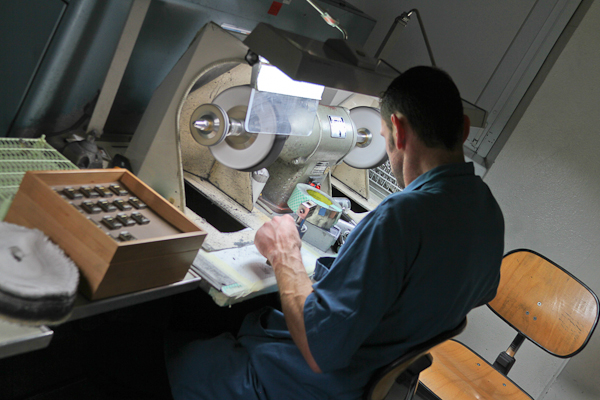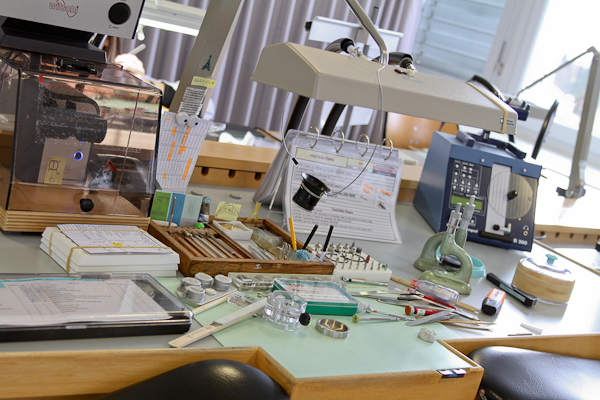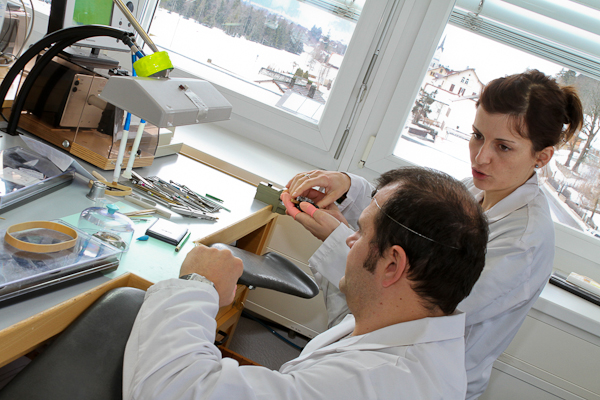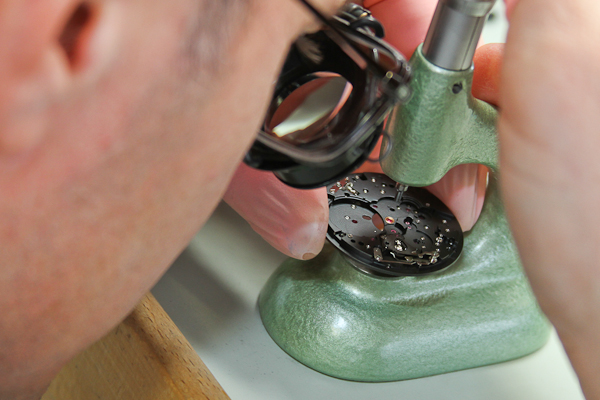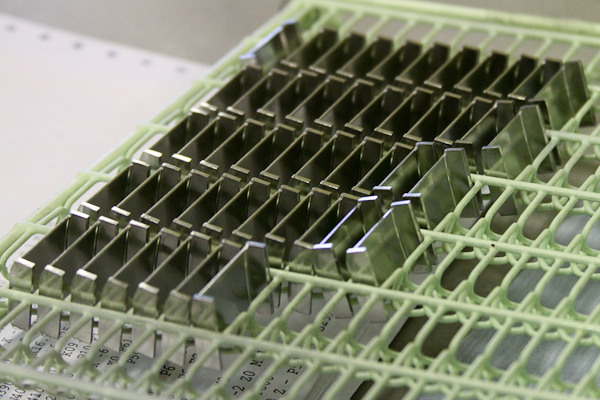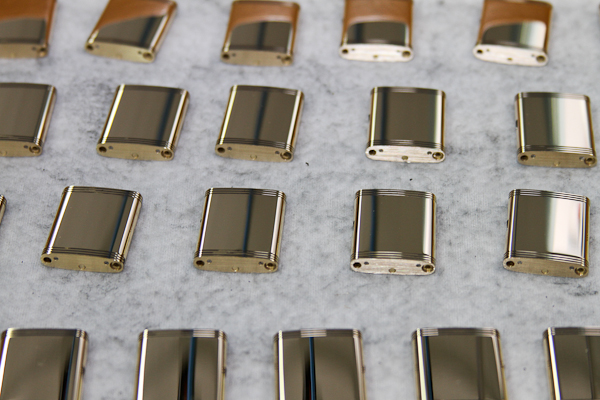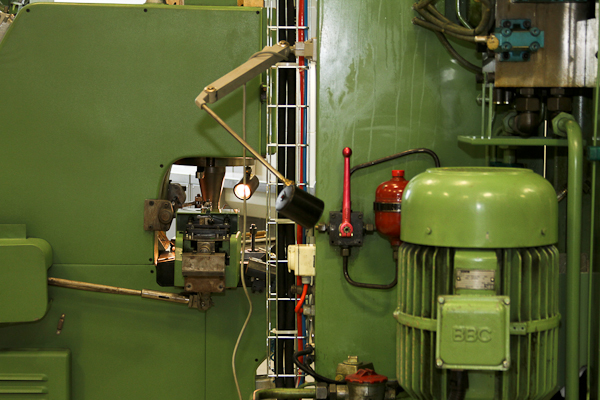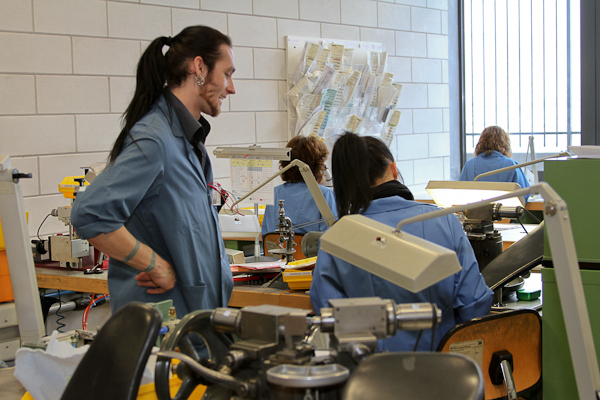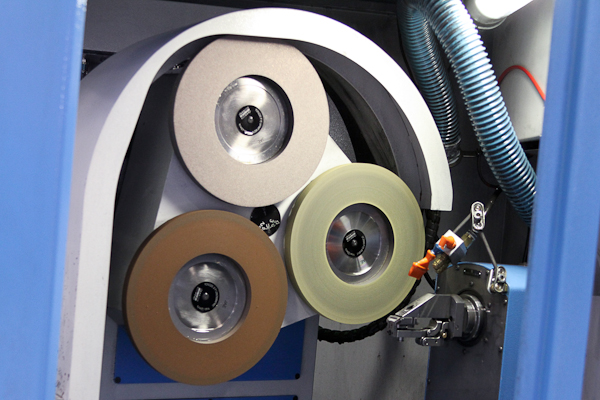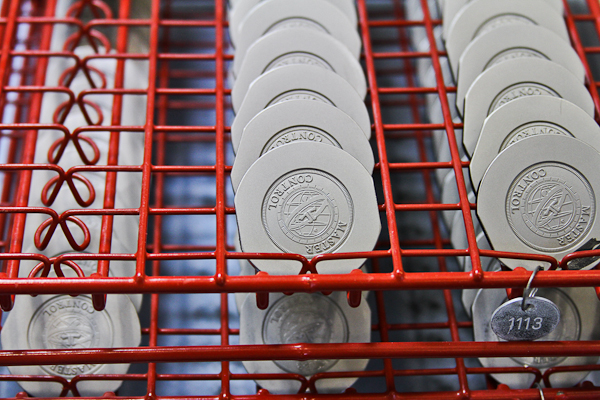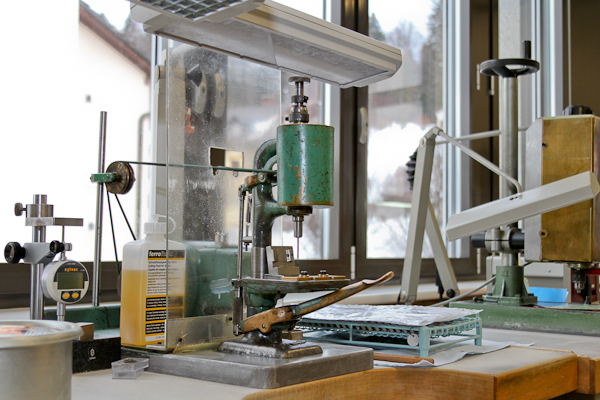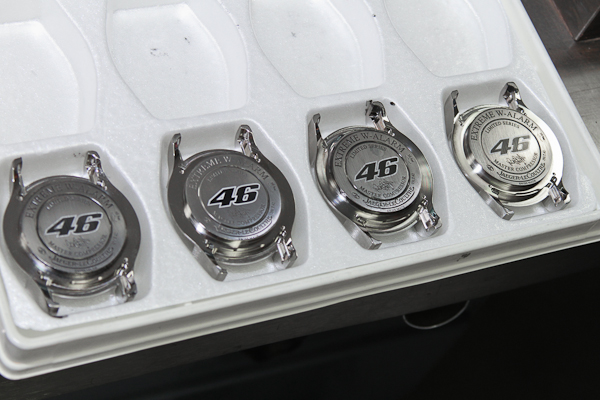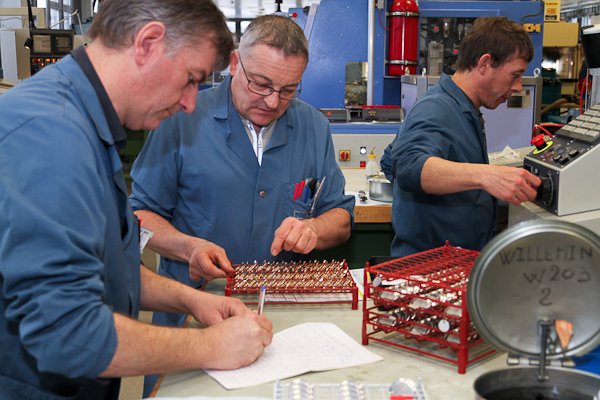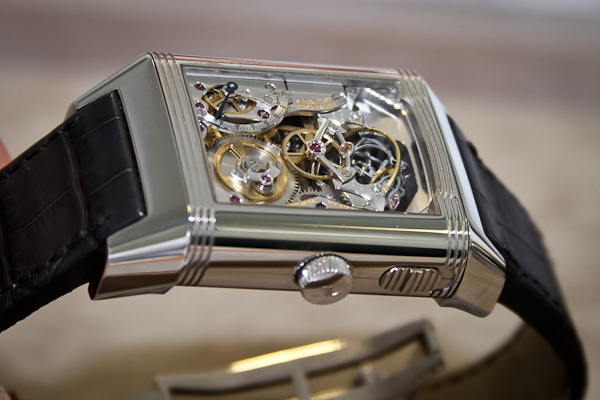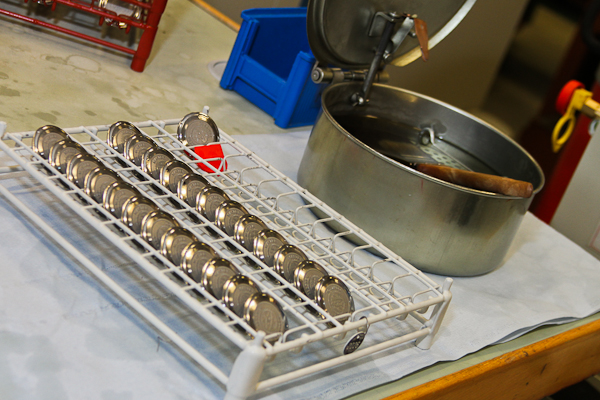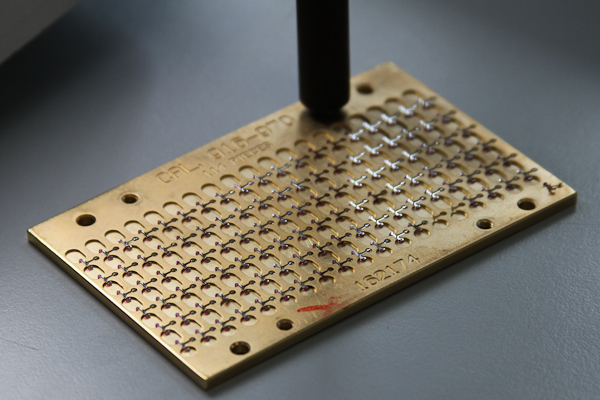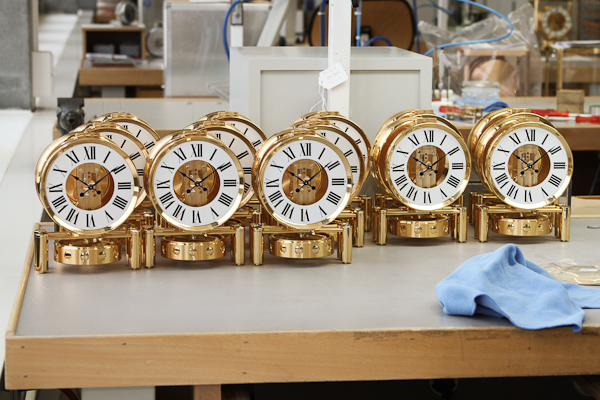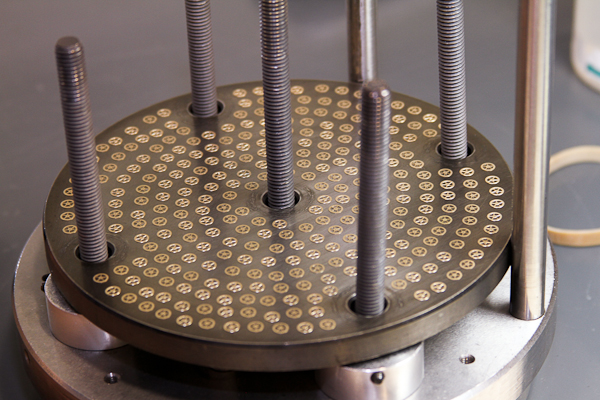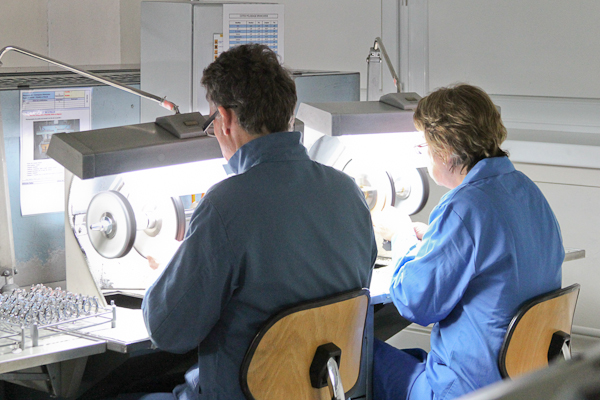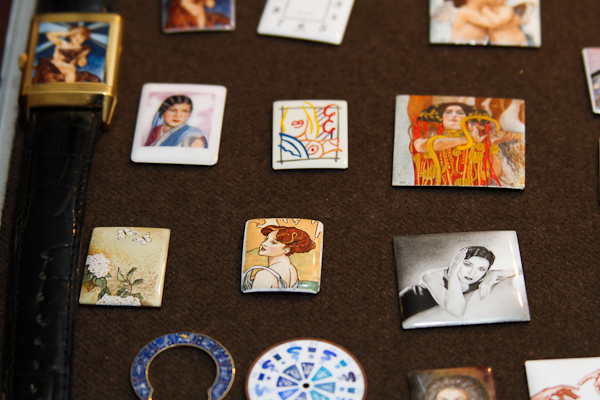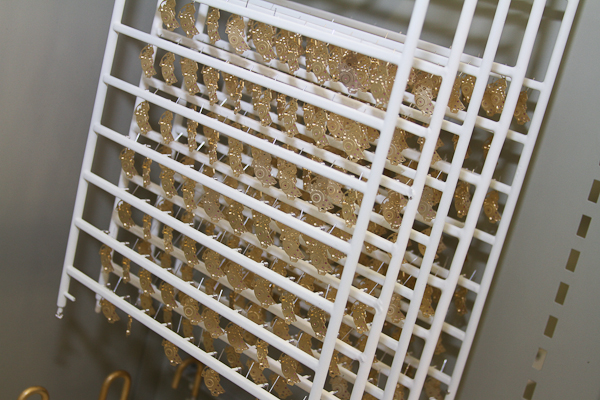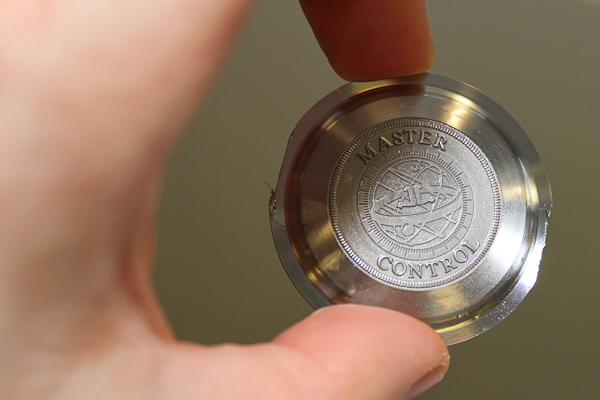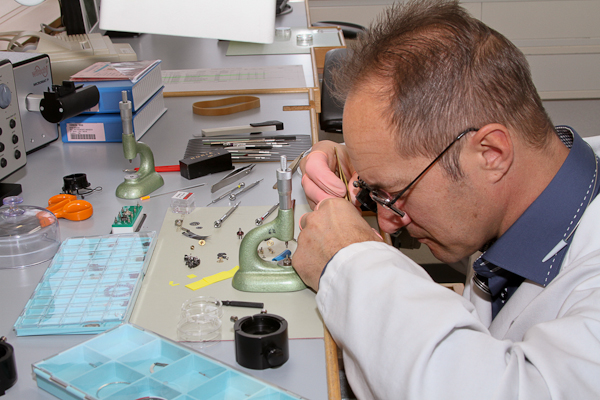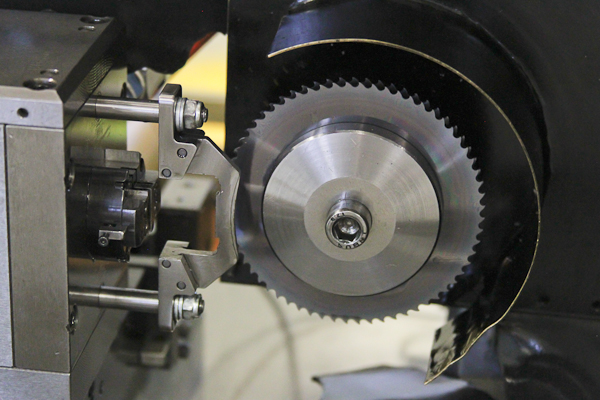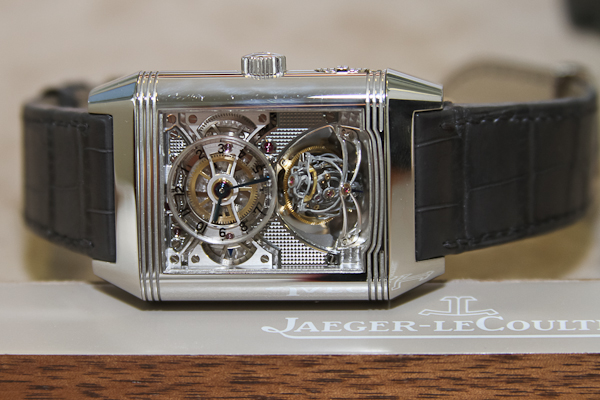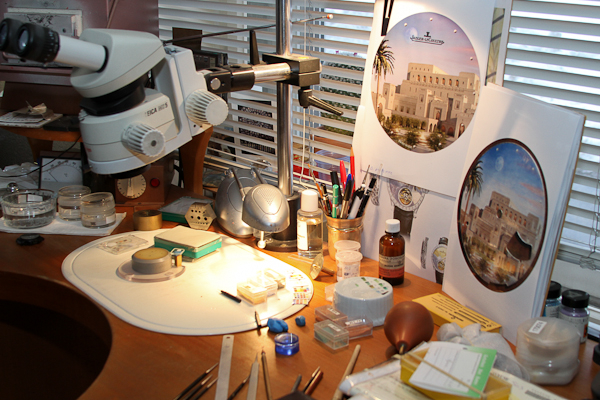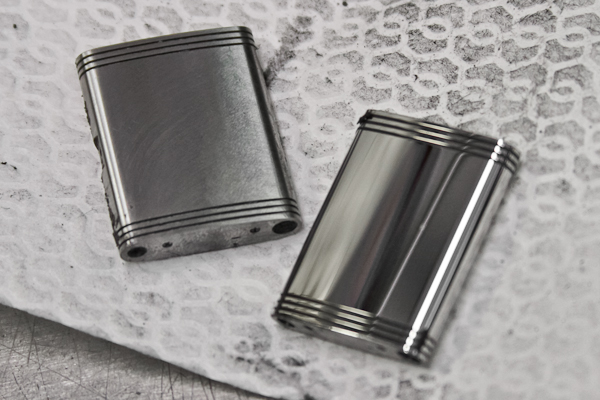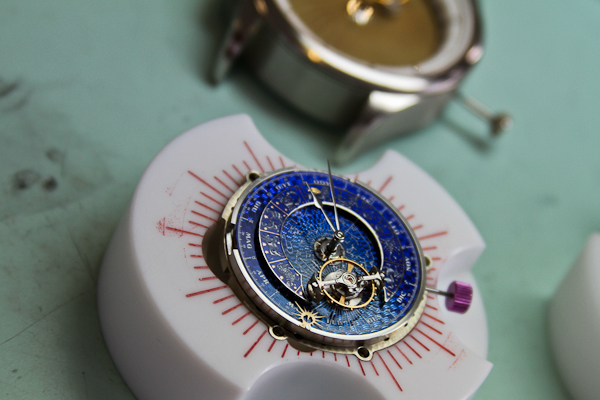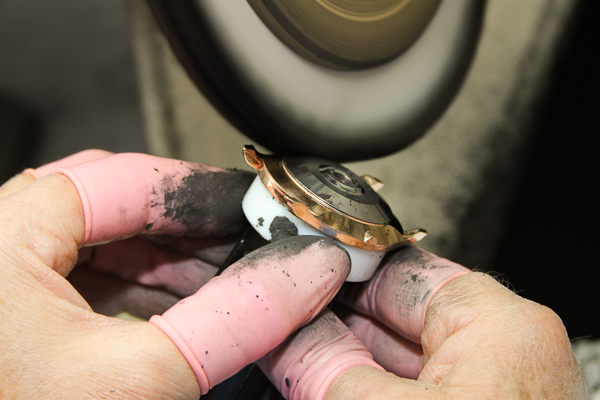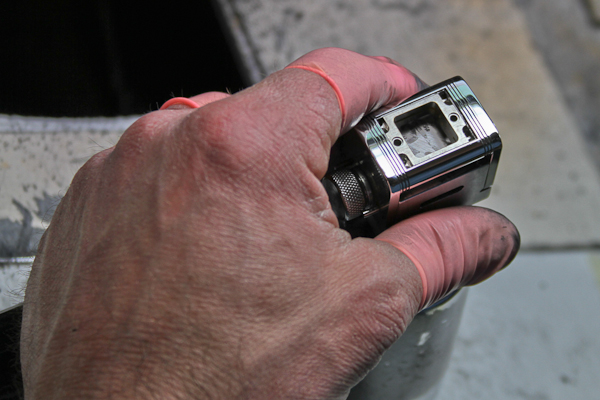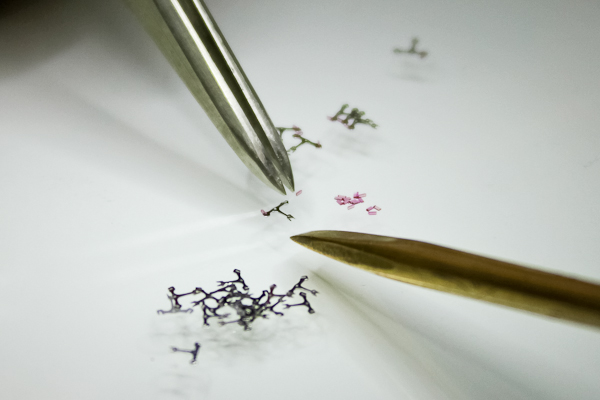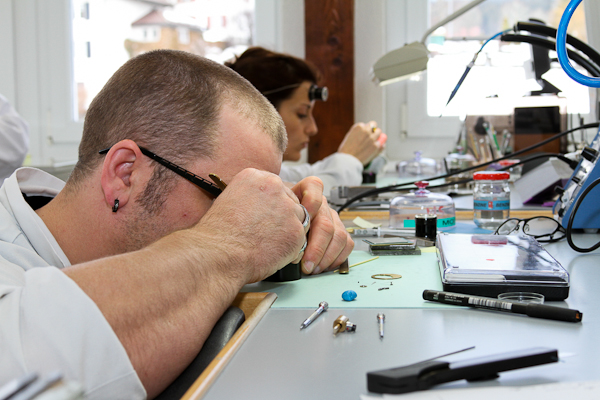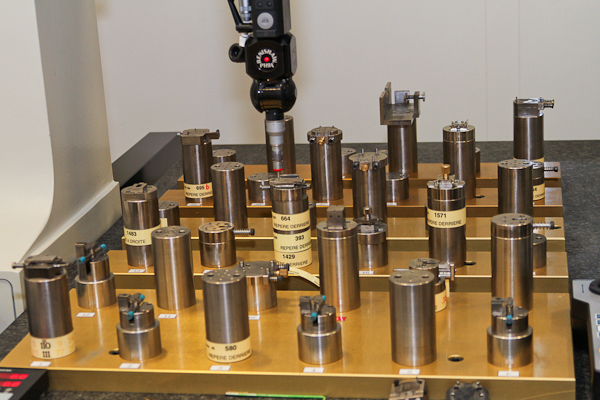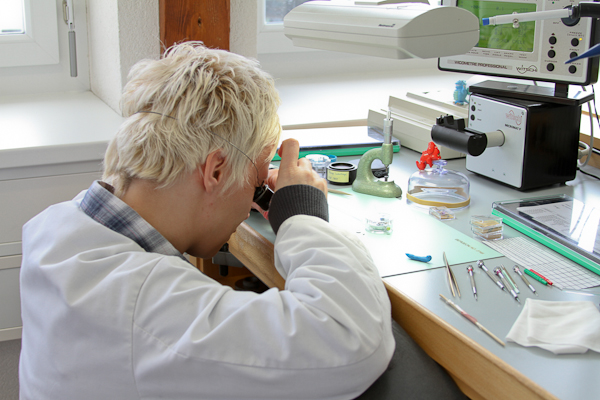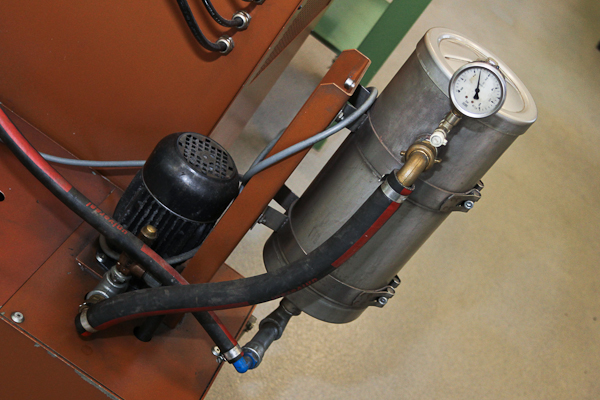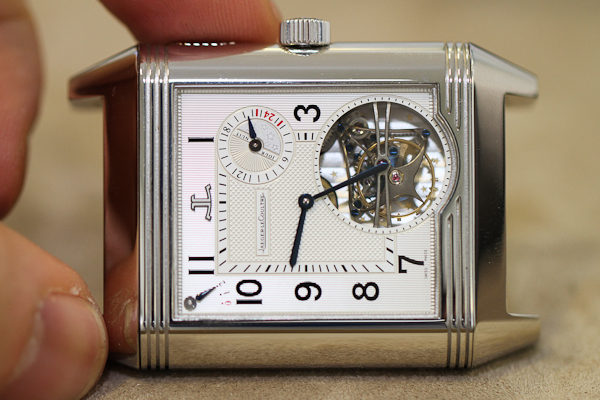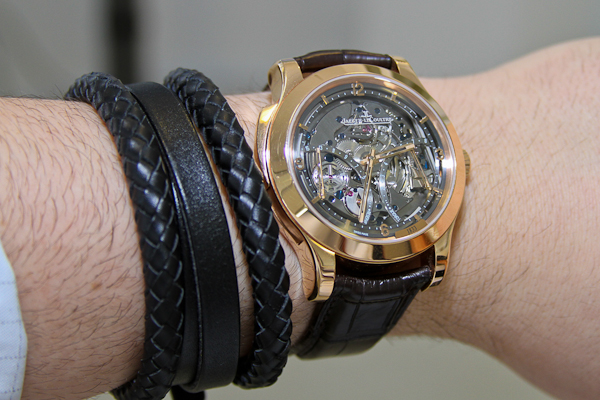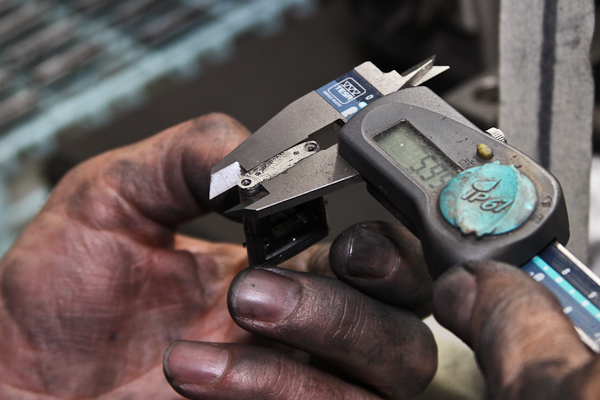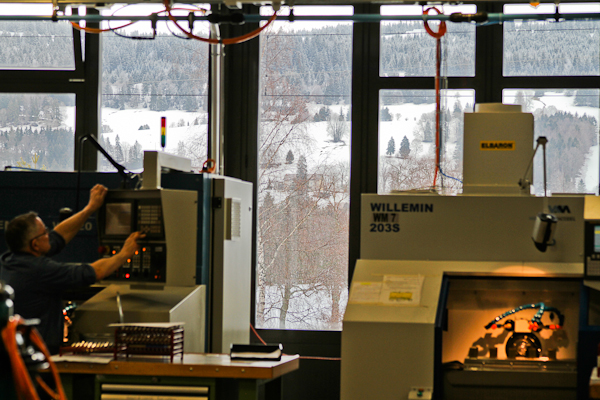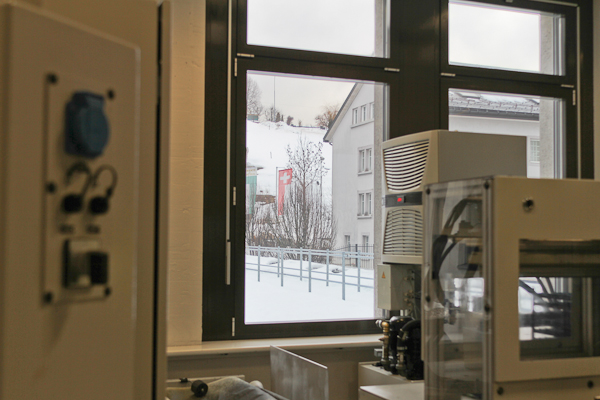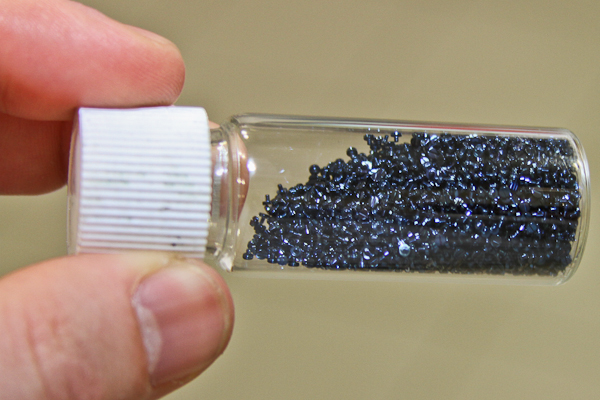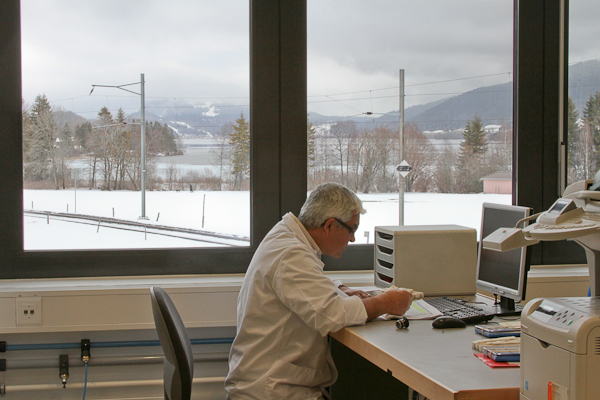
I am in Switzerland – in the Jura mountains to be exact – and it is snowing. As a California guy I don’t see much snow. In fact, the only times I have really seen snow in my life has been in Europe. The place looks like something out of a Christmas card. There is white covering the ground and lining the trees while quaint little buildings spew puffs of smoke out of their chimneys. It is all very charming in a sort of storybook way. It is also the perfect setting for watch making, and the winter window views of the men and women who work at Jaeger-LeCoultre.
I heard some interesting history which helps to explain at least part of why there are so many watch brands up here. The mostly agrarian culture (traditionally) didn’t have much to do during the long winters. So an indoor activity would have made the most sense. This area also has relatively easy to mine metal ore deposits which the people here have been using for a long time to make metal tools and things like musical instruments. One use for their tool making skills and available metal was watch production. So out here in the middle of nowhere, Switzerland, near the French border, is where a number of world-class watch brands are based. One of them is Jaeger-LeCoultre.

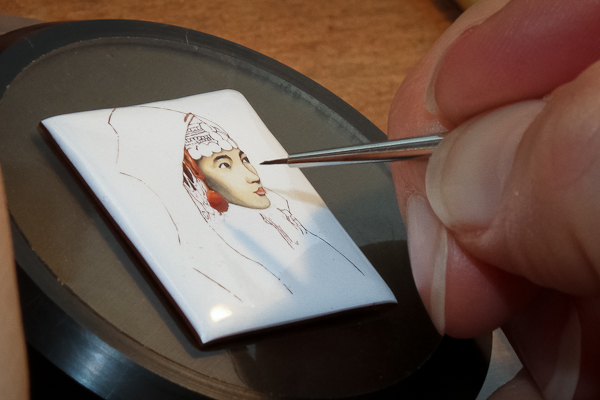
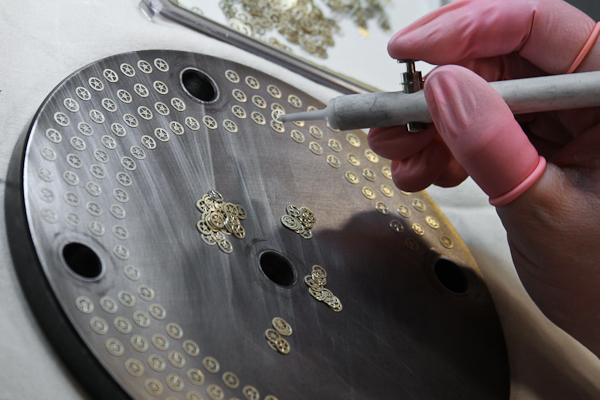
Anyone who is at all interested in watches knows the name – whether you call them JLC, Jaeger, or Jaeger-LeCoultre. It is even OK if you use the German or French pronunciation of “Jaeger.” The brand itself is a marriage of two brands (Jaeger and LeCoultre) which came together years ago. Since the early-mid 1900th century they have been making watches in Le Sentier, and are one of the largest operations in the area today.
Around the corner from the building is a large parking lot for all the employee cars. There are a healthy number of people who work at the manufacture. While a few of them have desk jobs, most of these people are watch makers, parts makers, and machine operators. It is a factory in every sense of the word. They have everything from loud and oily machine halls to sanitized rooms where watch makers sit on the top floors enjoying the best natural light.
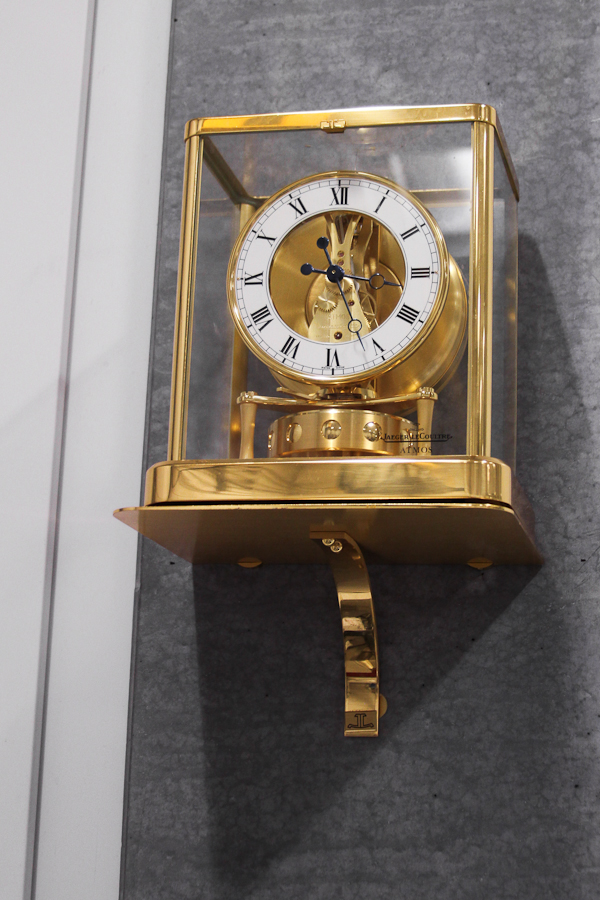
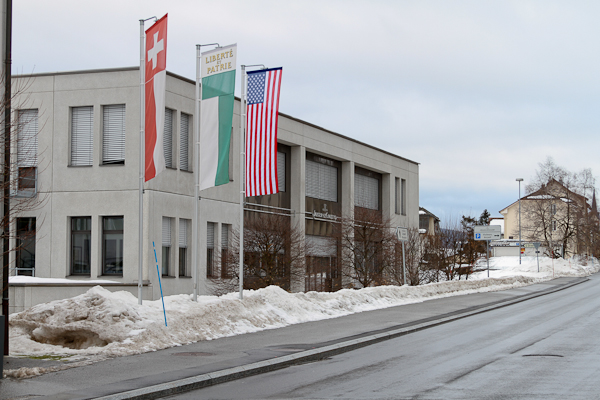
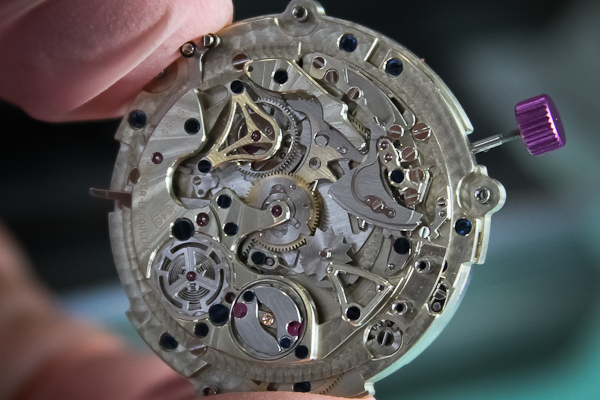
Exploring JLC you find everything from rows of organized horological desks to oven rooms where they bake screws to blue them. That latter operation is quite rare – to produce your own flame blued screws. In-house at the manufacture they do everything from assemble escapement forks to making all of their own cases. Walking through the machinery filled rooms is something any JLC fan should do. One of the most impressive things you need to see hands-on is the amount of industrial steps required to build a single watch from start to finish.
A case for example alone requires dozens of steps. Some people have the notion that with modern technology you just throw a chunk of metal into a fancy cutting machine and it comes out perfectly cut and polished – ready for action. The Reverso case is a great example of something that involves many parts and dozens of small operations. An operation is having that part placed in a special machine or process. Such operations range from being set in dedicated machines whose only purpose it to drill two small holes in the case – to having the lugs finished and polished in several steps by both machine and hand.
Jaeger-LeCoultre also of course makes their own movements – that is sort of the point of the place when it comes down to it. But the larger point is that they not only make their own movements, but they really make most all of the even tiniest parts, cases, and many of their hands and dials. Having everything under one (well several) roof really gives Jaeger-LeCoultre some special strengths as a brand. Strengths that you can probably see in their products.
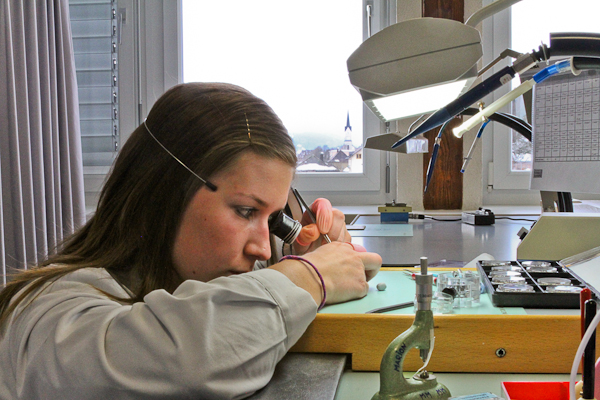
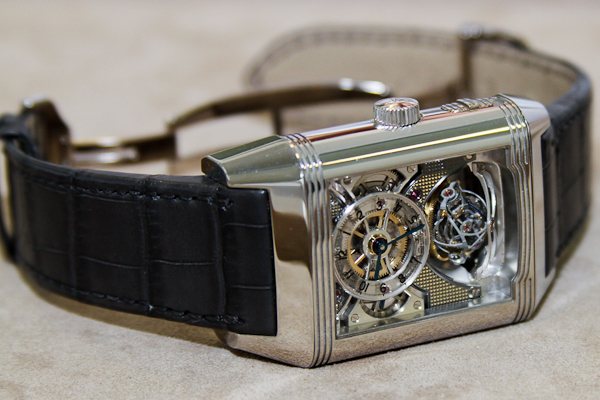
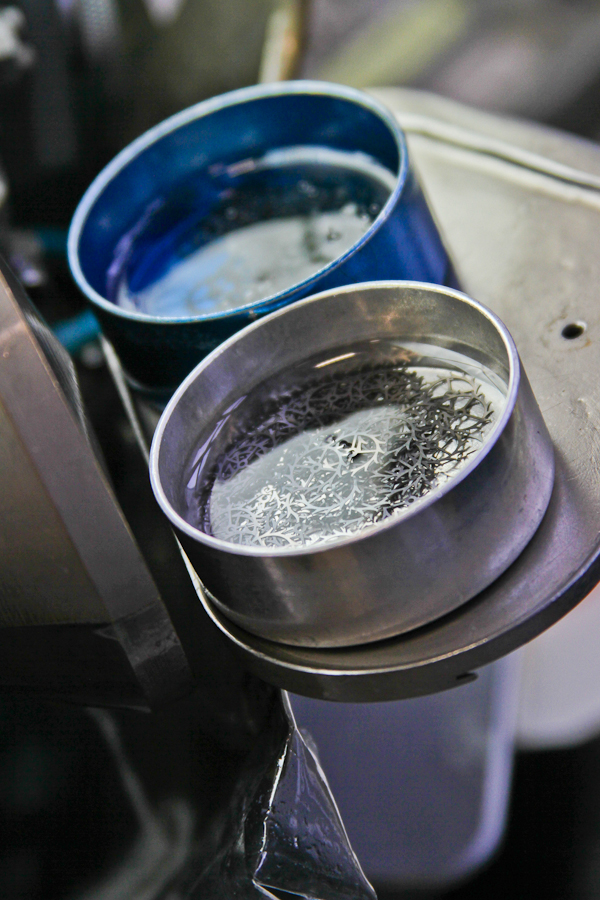
That strength comes from a sense of integration and verticalization. When the same place houses the people that design the watches and the ones that build them, you can not only keep prices reasonable, but ensure a fluid cohesion in design and execution. That means Jaeger can not only build more complicated watches, but develop them faster. It also means that much of the time cases and movements are designed to go together very well.
Movement design and manufacturing is an extremely tedious and labor intensive process. It takes something like three years minimum to develop a new caliber from the ground up. The hardest part after the engineering is completed is building the tools and programming the machines that will actually build the parts. Special machines at Jaeger-LeCoultre combine human and robotic labor to carefully test parts for adherence to tolerances (which are tiny). It can take months just to develop the machinery that builds the parts needed to make movements.
As you should know, movement components are made with extremely precision. Those in the best movements are carefully hand-finished and decorated individually. Even Jaeger-LeCoultre’s more entry-level (if you even want to call it that) timepieces are given hours of hands-on treatment during the manufacturing process. It is easy to take things like tiny pins and gears for granted until you see them being made, evaluated, tested, and polished before being hidden under other metal.
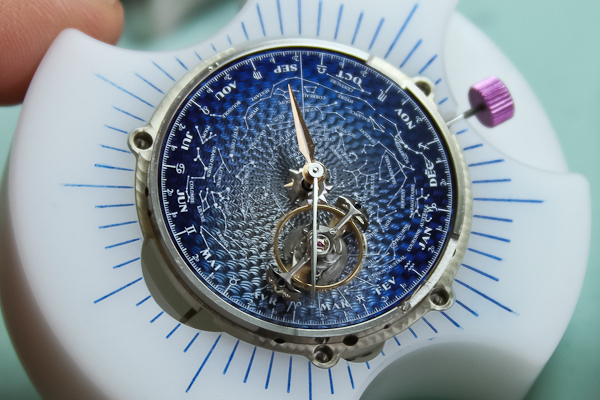
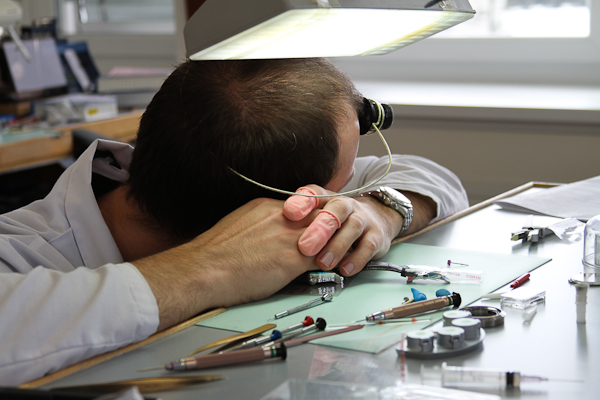
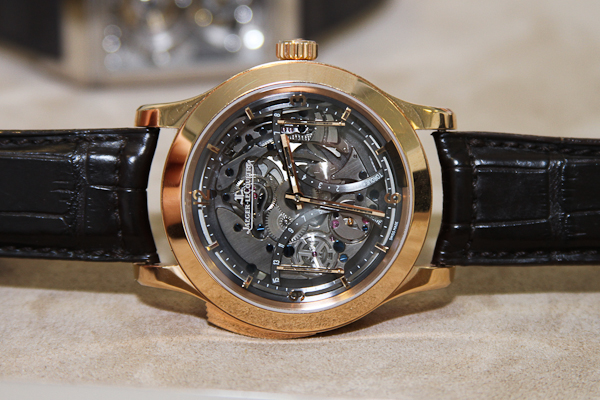
Jaeger-LeCoultre has two special decoration departments. One is for engraving and another is for enameling. If you are interested in super detailed tiny artwork then enameling is for you. In-house artists create perfect paintings under microscopes that are oven-tempered to be permanent. They are gorgeous and seemingly impossible. Much of these and the engraving work is applied to Reverso watches. Many of the Reverso models have solid casebacks that can be flipped over. These surfaces are prime real estate for artistic customization. If you have the means, gets yourself a Reverso watch with a bespoke painting on it. you won’t be dissappointed.
In addition to wrist watches Jaeger-LeCoultre continues to produce many versions of their famous Atmos clocks – and they do it right here in Le Sentier. The Atmos clock is an amazing device that is powered by changes in air temperature. Fluctuation of just one degree per day is enough to keep the clock going forever bascially. The Atmos department is a wonderland for collectors of the famous clocks. The department not only builds new clocks, but also tests them and services ones sent in for repairs. There are endless Atmos variants from all eras in rows of wood cases that show them off. It is very interesting to see the different clocks and understand the technology that in many ways does offer a truly perpetual mechanism. Atmos clocks are also strategically set up throughout the manufacture on walls to provide the time to employees.
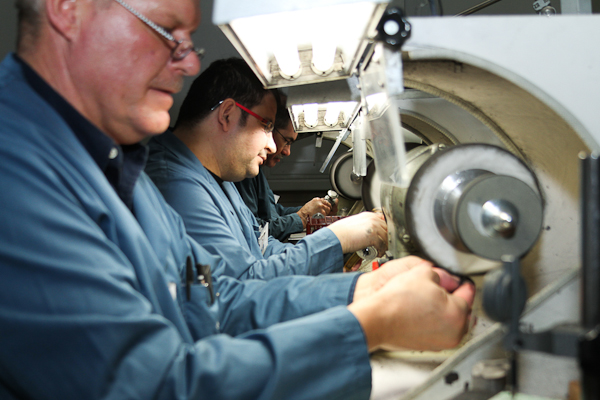
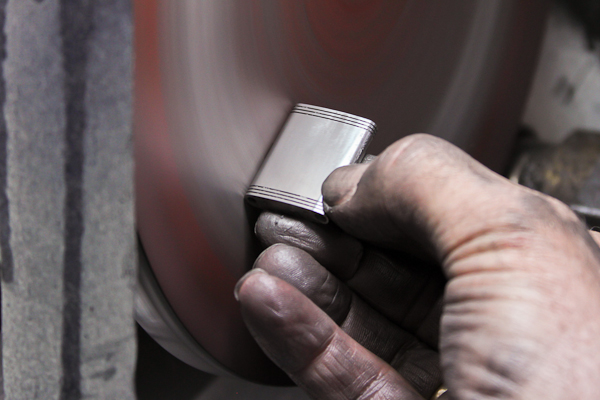

Jaeger-LeCoultre is easily one of the most impressive watch manufactures that I have ever been to. The environment is both modern yet respectful of the brands’ storied history. It is also able to do so without coming across as being a brand that too much rests on their laurels. Jaeger-LeCoultre is a connoisseur’s brand that almost anyone can enjoy. You won’t find a lot of lifestyle marketing for their products, but you will find a lot of classy, timeless watches and some of the coolest sport watches around. Jaeger-LeCoultre just really seems to make sense up here in the calm mountains – now I need to get back to civilization.

